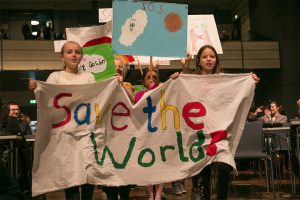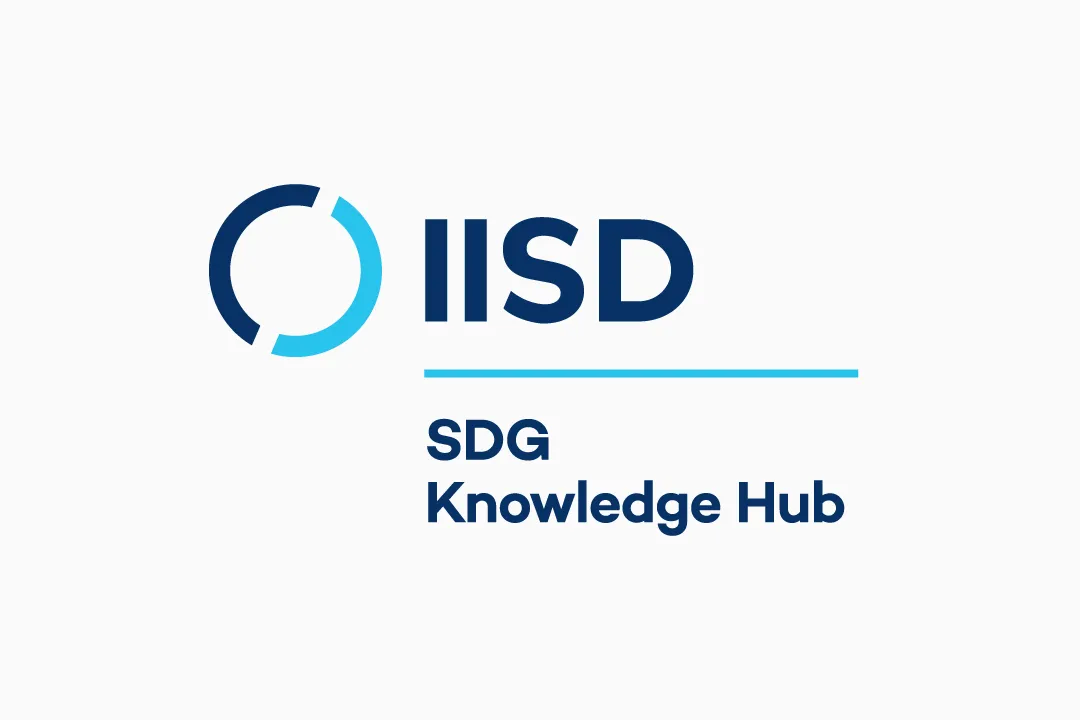17 September 2018: The Task Force on Displacement published a report with recommendations for integrated approaches to avert, minimize and address displacement related to the adverse impacts of climate change. Accompanying reports on the Task Force’s activities highlight interlinkages among actions directed at addressing climate change-related displacement and achieving the SDGs.
The Task Force was established following a request by the 21st session of the Conference of the Parties (COP 21) to the UNFCCC to the Executive Committee (ExCom) of the Warsaw International Mechanism for Loss and Damage associated with Climate Change Impacts (WIM). The Task Force presented its report to the eighth ExCom meeting, which took place in Bonn, Germany, from 18-21 September 2018.
The Task Force report, inter alia: provides the contextual background in which the recommendations were developed; summarizes the technical outputs of the Task Force’s activities; and links to more detailed reports of those activities, which were undertaken in collaboration with other UN agencies and international organizations.
The WIM ExCom set up the Task Force in March 2017 to develop recommendations for integrated approaches to avert, minimize and address displacement related to the adverse impacts of climate change, in accordance with the mandate to the WIM from COP 21. To provide input to the recommendations, the International Organization for Migration (IOM) and the Platform on Disaster Displacement (PDD) organized a stakeholder meeting from 14-15 May 2018 in Bogis-Bossey, Switzerland, which brought together Task Force members and those working on the human mobility and climate change nexus. The recommendations will be presented at COP 24 in Katowice, Poland, and are directed to the ExCom, UNFCCC and Paris Agreement constituted bodies, Parties, UN agencies, relevant organizations and other stakeholders. They are elaborated in a PDD-produced report, which looks at the evolution of the UN’s response to climate change and disaster displacement, current UN institutional frameworks and mandates for displacement related to climate change, and coordinating integrated approaches to disaster displacement associated with climate change. [Report of the Task Force on Displacement] [Eighth ExCom Meeting Webpage] [Summary of ExCom 8 Decisions, including those Related to the Task Force on Displacement] [Technical Outputs from Implementation of the Task Force Workplan] [Task Force on Displacement Stakeholder Meeting Website] [Detailed Summary of Recommendations for Integrated Approaches]
While the migration and climate nexus is not explicitly referenced in the 2030 Agenda, the SDGs provide several entry points.
The Task Force report also includes summaries of its activities, which are elaborated in longer accompanying reports, produced by the lead agencies/organizations for that specific activity.
For example, the UN High Commissioner for Refugees (UNHCR) produced a detailed report on the mapping of existing international and regional guidance and tools, including those related to averting displacement related to climate change, which highlights, inter alia:
- The Capacity for Disaster Reduction Initiative (CADRI), which delivers capacity development services in risk reduction to support national efforts to achieve the SDGs;
- The UN Development Programme (UNDP) SDGs Assessment Tool, which helps assess the contributions of climate action to the SDGs, and compiles information about the impacts of climate action, including displacement and resettlement, to feed into progress reports on nationally determined contributions (NDCs) and SDG implementation; and
- The ‘Global Migration Group Handbook for Improving the Production and Use of Migration Data for Development,’ which includes guidance to producers and users of international migration data and is expected to contribute directly to monitoring SDG implementation.
The International Organization for Migration (IOM) produced a report titled, ‘Mapping Human Mobility and Climate Change in International Processes, Policies and Legal Frameworks,’ which focuses on, inter alia, migration, displacement and planned relocation, as well as human rights and international labor standards. The report highlights, among other instruments, the New York Declaration for Refugees and Migrants, which makes the link between climate change, disasters, environmental degradation, migration and achieving the SDGs.
It also suggests that, while the migration and climate nexus is not explicitly referenced in the 2030 Agenda for Sustainable Development, the SDGs provide several entry points related to targets under SDG 1 (no poverty), SDG 2 (zero hunger), SDG 3 (good health and well-being), SDG 6 (clean water and sanitation), SDG 10 (reduced inequalities), SDG 11 (sustainable cities and communities) and SDG 13 (climate action). [Publication: Mapping Human Mobility (Migration, Displacement and Planned Relocation) and Climate Change in International Processes, Policies and Legal Frameworks]



